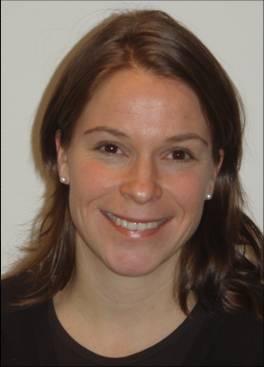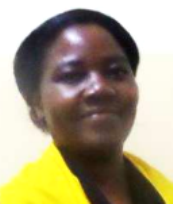Neurodevelopment and mental health of children
In early October the Research Group for Global Mental Health at CIH attended the 15th Congress of the International Federation for Psychiatric Epidemiology and hosted one of the symposia.
Main content
The congress took place in Bergen, and was entitled Psychiatric epidemiology: the foundation for prevention and treatment planning.
The research group for global mental health organized a symposium on neurodevelopment and mental health of children, looking into challenges and opportunities for neuropsychiatric testing research in low-income settings. Research group leader Ingunn M. Engebretsen chaired the event, which covered a broad range of approaches.
-There is a great need for focusing on mental health in low income countries, unfortunately this topic is often underrepresented, explains Engebretsen. In big international conferences it is a tendency that problems relevant to high-income settings get the most attention. The international congress in Bergen however, is bringing in major global perspectives including the work that CIH, UiB is contributing to.
The Symposium Programme:
Neurodevelopment and mental health of children: challenges and opportunities for neuropsychiatric testing research in low-income settings
- The relationship between caregiver emotional wellbeing and functionality, and developmental outcomes in preschool-age Ugandan children perinatally exposed to HIV - View presentation here (PDF)
Professor Michael Boivin, US - Newborn intervention and child development: The Burkina Faso-Uganda Saving Brains project focusing on early child feeding View presentation here (PDF)
Professor James K Tumwine, Uganda - Is schooling associated with cognitive functions of children in rural Burkina Faso: Preliminary results from the PROMISE Saving Brains Study? View presentation here (PDF)
Dr Anselme S. Sanou, Burkina Faso - Hidden mental health problems among children identified through research- a case of middle child age alchoholism View presentation here (PDF)
Dr Joyce Nalugya, Uganda - Mental health reactions to HIV disclosure among children in DR Congo
View presentation here (PDF)
Dr Faustin Kitetele, Congo - Neurodevelopment and mental health assessment of children in DR Congo: Implications for policies and research View presentation here (PDF)
Dr Esperance Kashala Abotnes, Norway
All presentations from IFPE2015 will be made available at the conference website after it has ended.
The research group is currently focusing on alcohol use in children and health system research, some results are given below.
Posters:
Alcohol misuse among children in Uganda
The research group also presented some of their findings through posters. Joyce Nalugya is the first author of the poster "Are too many drinking too much too early? Alcohol use in middle childhood among Ugandan Children". Her aim was to investigate alcohol use among children aged 5 to 8 years old in the Mbale district in Eastern Uganda.
149 children were recruited from the study “PROMISE Saving Brains (SB) in Burkina Faso and Uganda”. Nalugya's findings led to the conclusions that alcohol misuse should be suspected and explored in middle childhood (5-8 years) among children eligible for referral to child psychiatrists or scoring high on screening tools like Strengths and Difficulties Questionnaires (SDQ). The team also concluded that alcohol misuse in this age group even exist where adult care is present.
View the poster here (PDF).
Are mental health problems in children being neglected?
Vilde Skylstad from the research group has also presented some of her results in the poster: "Are mental health problems in children being neglected? Preliminary results from SeeTheChild – Mental Child Health in Uganda".
The aim of this study was to explore how caregivers perceived and experienced child mental health, and what influenced their help-seeking behaviour in the social and cultural context of the Mbale region. Some of the findings were that children’s emotional health and behaviour were regarded as a community responsibility, advice on help-seeking were sought from peers. Generally, it was considered more appropriate to seek help from traditional healers and religious leaders than the public health services.




